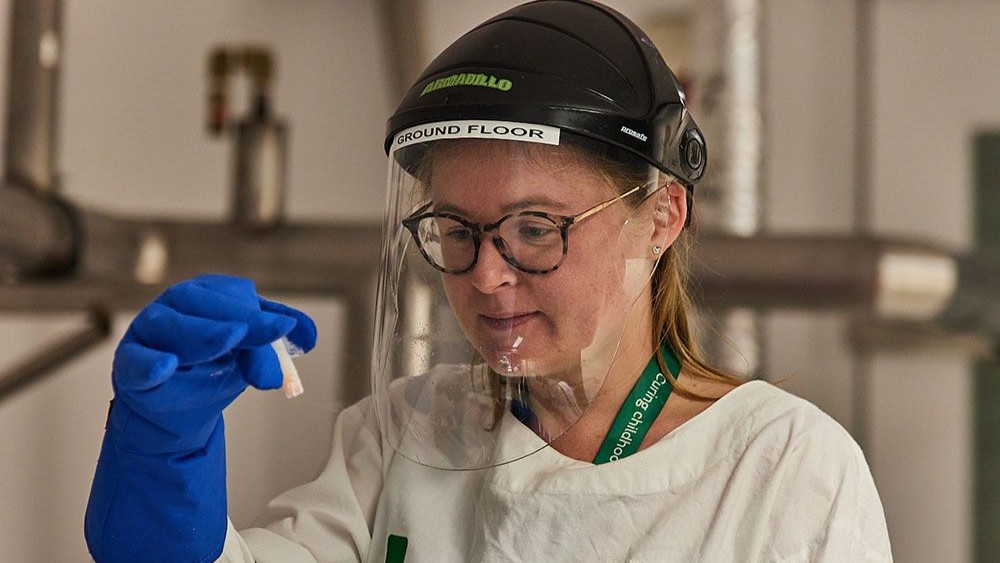Children’s Cancer Institute shared a post on LinkedIn:
“Researchers at Children’s Cancer Institute have identified a previously unknown gene alteration in cancer cells, and found it is sensitive to an existing class of drugs, potentially leading to a new treatment option for some children with cancer. Published in the international journal NPJ Precision Oncology, the research focused on a family of genes critical to cell growth and differentiation called receptor tyrosine kinases. Alterations in these genes are well recognized as contributing to cancer, and targeting these alterations with therapies known as TRK inhibitors has proven very effective in the treatment of some cancers in recent years.
Central to the research was Australia’s national precision medicine program for children with cancer, the Zero Childhood Cancer Program (ZERO), jointly led by Children’s Cancer Institute and Kids Cancer Centre at Sydney Children’s Hospital, which conducts comprehensive genomic analyses for every child enrolled. Using whole genome sequencing data from ZERO, the researchers were able to identify a novel gene variant in the receptor tyrosine kinase gene NTRK2 in the tumor of a child with a type of brain tumor called CNS neuroblastoma. This is the first time a variant of this type, an “internal tandem duplication“, has been identified in this gene, with past NTRK variants being “gene fusions“.
When the research team modelled the new variant in cancer cells in the lab, they found an extreme sensitivity to TRK inhibition. This suggests that existing TRK inhibitor drugs could work well in patients with cancers found to have this novel variant. Understanding the genetic variants that drive cancer is the key to identifying successful treatments for more children enrolled on precision medicine programs like ZERO, commented Dr Lauren Brown, Senior Research Officer, Translational Tumor Biology Group, who was first author on the study. “When we know which variants to look for in children’s tumor samples, and which targeted treatments these variants are sensitive to, we’re able to make more treatment recommendations.”
Associate Professor Paul Ekert, who led the research, said he and his team were actively seeking “missed therapeutic opportunities” – instances where existing drugs could be re-purposed so as to benefit more patients.
“In the past, treatment has tended to be based on the type of cancer. What we are doing instead is taking a tumor agnostic approach, which means matching therapies to a particular genetic variant which may be found in a range of cancers, both in children and adults. By identifying a new variant that is sensitive to an existing therapy, we may open the door to more patients benefiting from that therapy.”
More posts featuring Children’s Cancer Institute on OncoDaily.


